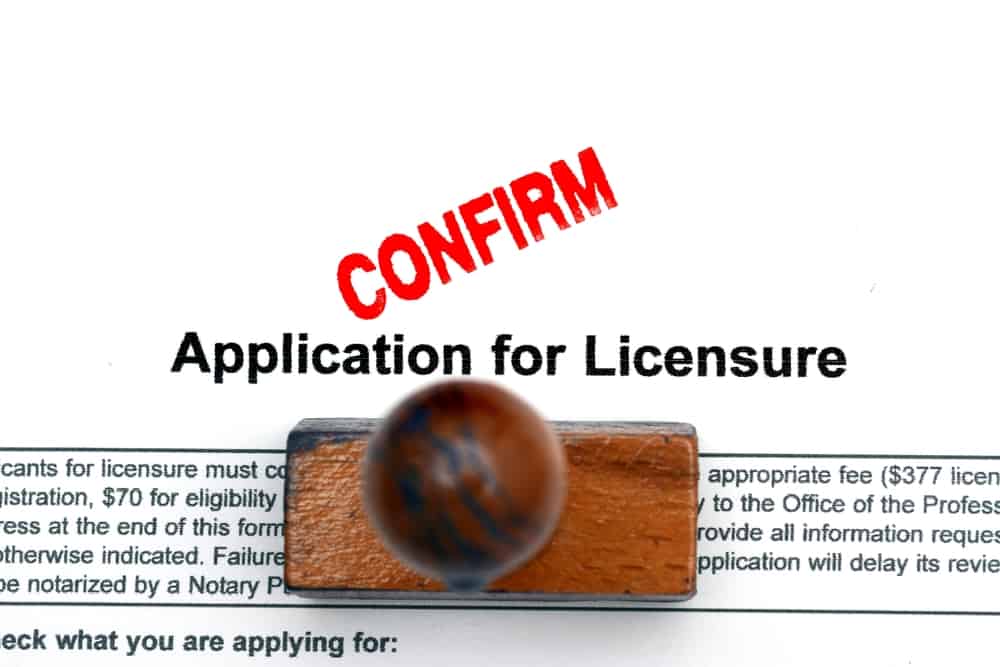In a sense, a business is an edifice built with paperwork. Every major aspect of your business is governed by some legal document. From the businesses relations with customers, to payment terms with suppliers, no aspect is outside the domain of contracts. Even where a business is negligent and does not have some legal document covering a situation, the law will always provide default conditions and stipulations. Documents are essential for the smooth running of your business. They are not just important from a legal perspective, they are also important in terms of building trust and enabling collaboration and the smooth functioning of the business. In this article, I will tell you the 10 key legal documents that you need for your business.
- Company Bylaws
In the majority of states, a corporation is required to keep a written record of its bylaws. This requirement does not extend to filing the bylaws with the state office. The bylaws state how a business will function. It’s a statement of the norms and processes that govern a corporation. There are states that do not require that your corporation have written bylaws. However, state mandates are not the reason why you should have bylaws. Regardless of state laws, you need bylaws to ensure that your business has a clear business model, with defined responsibilities, governance structures and systems to resolve disputes. Without bylaws, disputes over issues will be resolved ad hoc and will therefore become contentious, with parties disputing what is fitting and proper for the business. In the same way that having a contract is important, to clarify things between counterparties, bylaws are important to give everyone within an organization clarity.
- Minutes
The majority of states also require businesses to keep a record of major meetings. These records, or “minutes”, are an account of the proceedings of a meeting, including decisions taken and resolutions made. They are usually circulated after a meeting and can be used as a reference point in case there is a dispute over what was said, or what decisions were made at a meeting. People often recall things differently, so it’s necessary to have an objective record of what happened in a meeting.
The meetings will serve as part of your business’ “institutional memory”, collecting the words and actions of the leaders of the business. They should be as rich in detail as possible, detailing what kind of meeting was held, when it was held, where it was held, who attended it, the actions taken, resolutions passed and decisions made, and a breakdown of how voting occured.
- Operating Agreements for LLCs
In most states, Limited Liability Companies (LLCs) are not required to have an operating agreement, but they are highly recommended, especially when an LLC has more than one member. An operating agreement shows the business’ functional and financial decisions, including its regulations, rules and provisions. It serves to show how an LLC will operate, given its needs, based on clearly defined procedures and structures. For instance, it will show how profits and losses are shared, how members can leave the LLC, and the rights as well as obligations of the members. Once the members sign the operating agreement, it binds them all to its terms.
- Non-disclosure Agreement
Every business has sensitive information that it does not wish to get into the public domain, such as customer data, financial records, or prototype designs. A non-disclosure agreement (NDA) is a defence against leaking of this sensitive information. It binds employees, contractors, and other stakeholders who sign it, to secrecy, stating who they can reveal sensitive information to, and imposing penalties in the event that they break the terms of the NDA. They are important documents to have given that you may have to show sensitive information to stakeholders, without wanting them to reveal what they have seen beyond this circle of trust.
- Employment Agreement
An employment agreement binds employer and employee in a relationship in which each side has clear rights and obligations and there is a clear mechanism for resolving disputes. Not every employee will have an employment agreement, but the state will have a default set of rights and obligations in the event that there is no employment agreement. No employer-employee relationship is outside the law. In any event, it is useful to have one. For instance, it can govern how employees treat confidential information once they leave your employment. It can even make it harder for your employees, protecting you from a sudden loss of employees. In some instances, employment agreements have non-compete clauses inserted to prevent employees working for a rival for a specified period of time.
- Business Plan
A business plan is not a legal document and is not required of any business. However, it is a document that every entrepreneur needs to create before setting up his business. It’s important even for businesses who are establishing new business units, or who want to chart the way forward for the next few years.
A business plan serves as a guide as a business evolves from stage to stage, from the start of the business to some defined point in time. It is a roadmap for management and shows how the business will be structured, what it will do, how it will be run and how it intends to grow. It’s an important document that helps clarify ideas as to how the business will try to achieve success.
In many instances, you will need a business plan to secure external funding or to bring in new business partners. Investors want to see a business plan to be certain that you have thought through the important questions and have good ideas about how you will overcome challenges and succeed.
- Memorandum of Understanding
A memorandum of understanding (MOU) occupies a space between formal agreement and handshake. In essence, it states what conversations you are having with a stakeholder and the terms under which you want to progress that conversation and collaborate. It should not be considered legally binding.
You can get additional information to help you as you begin your journey toward creating America’s next great business.



